Interview: The Pietasters (w/ Steve Jackson)
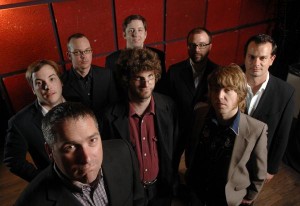 Aural States- In a few sentences, could you give your view on the state of the genre of ska in the US. How do you feel it’s going and where do you think it’s heading.
Aural States- In a few sentences, could you give your view on the state of the genre of ska in the US. How do you feel it’s going and where do you think it’s heading.
Steve Jackson- Oh, I’m way more encouraged about it now than I was in 2001 or 2002. We started this because we enjoy playing the music we play and we listened to the Specials, Bad Manners and the Bosstones along with punk rock and soul music mixed all together.
We just happened to be in a place where marketers decided they were going to sell on ska. Then you had every kid who played horn in a high school band starting a ska band. As far as we were concerned, that wasn’t a really great time because while it was nice for us and there was a lot of opportunity, it was watering down the music and what it meant to us.
And now it’s nice that when we play with bands now…you know, the Slackers are still out there doing their thing and one of the best bands out there. Westbound Train from Boston, a more traditional, rocksteady type of outfit…there are a few bands from NJ who we play with, Steadfast United are kind of a jam, mod take on things.
As far as I’m concerned, it’s in a much better place right now. We’re back to people playing the music because they enjoyed it or feel some connection to it as opposed to just hearing it on the radio and playing it. Sorry for rambling, I think that wasn’t really two sentences *laughs*
AS- Third-wave got a lot of attention but it really was a double-edged sword. It definitely got a lot of people, me included, into ska and drove us to find out more about the roots. But at the same time, there were the casual listeners who picked it up and dropped it so quick. Like you said, all the kids in high school who grabbed their horns, played in a ska band for two weeks then dissolved. What do you really think drove that? While there was a lot of dilution, there was still a big body of high-quality stuff out there…you guys, Bosstones, the Pilfers, the Toasters…
SJ- Yeah, you know I don’t know. I guess my perception of what happened was based on what I saw with what our band went through. And maybe it’s cynical of me but I think it goes back to the marketers and the people who figure out how to make people buy things. When we started the band, you know it was before the internet and before Nirvana even had sold all their records. So there was no preconceived notion that we were gonna sell a bunch of records and that there was any future in it. We were in a band that was playing parties, trying to get free beer and meet girls.
Then along came Nirvana, people figured out they could make money on these subgenres of music. Then the Bosstones thing happened, you know Bosstones, Sublime and Reel Big Fish all kinda hit around the same time. There was just this feeding frenzy…Moon Records was gonna sell their label to Mercury…that fell through. Tim from Rancid set up Hellcat and got us and Slackers and Hepcat on their label. In our mind, we were doing the non-sellout thing by working with the guy from Rancid. But bottom-line, they’re a business too.
Our first record with them did really well but the next record was on the backside of the wave and didn’t do as well. But we get played all around the world and in our minds had built up a good name for ourselves. Then the accountants figured that ska wasn’t hot anymore…our contract was up. At that time we had been around since 1995 driving around in circles. Come the year 2000, everybody was obviously sick of ska music and we were sick of driving around. And we just said “Alright Tim, that’s cool. We’ll just sort of take a step back.”
Again, we started it to have fun. At a certain point, it’s a job like anything else and we’re lucky we were able to maintain and put out a record with Fueled by Ramen. Now, the landscape has changed again and we put out our own record this time. As far as I’m concerned, the songs get better and better. We still put out a quality product. You know, we weren’t there jumping on the bandwagon…not trying to bad mouth anybody who was. But I think that took away from a lot of the bands like Hepcat, the Slackers and the Toasters…the bands who were doing it because that’s what they loved and they were doing it well.
Then Southern California took over…*laughs* But I don’t want to come across too cynical.
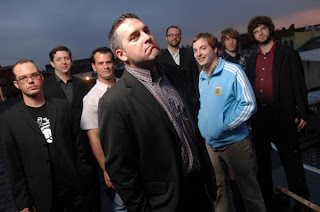 AS- It’s kind of a bad luck pattern for ska in general. Similar things happened when ska started in Jamaica where radioplay was just oppressive and everyone just ended up shunning it. I feel like second-wave/2 tone was better received in the UK and mainland Europe. I feel like things took off a lot better in Europe. You guys tour internationally pretty extensively. How do you feel about the overseas perception of the genre and how it is received?
AS- It’s kind of a bad luck pattern for ska in general. Similar things happened when ska started in Jamaica where radioplay was just oppressive and everyone just ended up shunning it. I feel like second-wave/2 tone was better received in the UK and mainland Europe. I feel like things took off a lot better in Europe. You guys tour internationally pretty extensively. How do you feel about the overseas perception of the genre and how it is received?
SJ- It’s interesting because the UK and Europe are almost separate entities in the way that they react to music. When we first went overseas in 96, Germany and Europe was hot. Everyone was digging it; we were touring with the Bosstones. And when we went to the UK, it wasn’t that great until the late 90s. So even Europe and the UK have had their own little cycles.
With that said, I think Europe and to a lesser extent the UK are more open to all different kinds of music. And in Europe, I think it’s maybe because they don’t have an indigenous rock and roll or rap or anything like that. So the radio is a lot different over there and the people just have to listen to what they like.
It’s not crammed down their throats like it is here. I don’t know, the US is a whole different can of worms. And I agree with you, ska has never caught on here until the third-wave. As far as I’m concerned, the Specials, English Beat, Bad Manners, those bands…still kick ass over any American ska bands.
But that’s also what I grew up with. You know, when you are 16 or 18…you had your first girlfriend and heard a song…that band is never gonna do anything that can compare to that no matter what they do. But maybe I’m looking back through rose-colored glasses at the 2-tone movement.
AS- I agree, I definitely think that when 2-tone covered the roots ska pioneers, they were just amazing covers. And they just reinvigorated ska. If you look at them as a kind of water-shed, just their influence…influencing the Clash, tracks from Madness, Bad Manners and the Specials are littered all over pop culture, ads, movies and nobody even realizes. Which is why it has always confused me as to why ska has had such a hard time.
SJ- Yeah, I don’t know what it is. Obviously like we’ve said, the stuff at the end of the third-wave didn’t help things…just got to be a caricature of circus music…real fast tempo…honky honky honk. It was disappointing to me because there were so many different facets to the music. There were so many legitimate ways to go it was too bad that people were taking the lowest common denominator. Just writing terrible horn lines and playing it at a really fast pace *laughs* instead of just trying to do a good cover of an old ska song.
AS- You mentioned early on that you are a lot more optimistic now. I just learned that Bosstones announced five dates at the Middle East and completely sold out the venue. Do you see this as something new coming?
SJ- I’m not sure. I’d like to think that those guys would get back together because they are one of my favorite bands and they’ve done so much for us…helped us out.
AS- Have you talked to them much about this? Will it be just the five nights?
SJ- I honestly don’t know…it’s kind of one of those situations where you’ve got a friend and you don’t want to push too much or ask too much because you don’t want em to stop answering your phone calls. We jumped on it and we are playing one of the Throwdown dates. I don’t think they’ve announced all the support so I’m probably not supposed to say anything…but they were nice enough to let us come back into the fold. They also announced this New Years show in Rhode Island. That’s gonna be huge. I think I saw today on Punknews.org that they had a bunch of old video footage up. It certainly looks like they are putting something together, but I don’t have any inside info on it. But I’m encouraged because everyone is doing it because they believe in it and they aren’t doing it for a quick buck.
 AS- When I compare shows when I first started listening to now…the audiences aren’t as packed, but everyone is loving it and everyone is into it.
AS- When I compare shows when I first started listening to now…the audiences aren’t as packed, but everyone is loving it and everyone is into it.
SJ- And I think everyone is enjoying it more because like you said they understand the connections to the history and the covers whereas in 1998, when there were 1500 people at a show…probably on 2 or 300 really knew what was going on. Nowadays there are maybe only 500 people at a show, but there is a bigger ratio of legitimate fans. And you know, we’ve got a lot of people who listen to us who don’t know anything about ska…frat guys…girls that work for law firms and we appreciate them too. But it is definitely nicer to have people who know what’s going on.
AS- Switching gears, lets talk about All Day. It’s been a while since Turbo, could you talk about the big gap and the production of the album?
SJ- The biggest issue was we do all our recording with Todd. He went on to work for James Brown after we played with him in 2003. The whole time we were working on the record, Todd was on the road non-stop with James Brown. We probably could’ve finished it sooner but we wanted to wait and work with Todd.
Jorge our bass player has taken the reins from Tom and Todd who were instrumental in most songs up to “Awesome Mix Tape #6” “Turbo” was a transition period, Tom had left, Toby switched to guitar, Todd passed away, Jorge was playing bass…it was definitely a weird transition record. “All Day” is really what you would hear if you were just driving around all day in the van with the Pietasters. It’s just a mix of old reggae, old soul, and some rock n roll thrown in. Like all of our records, we don’t really shoot for singles or the next big hit. We just write songs we aren’t embarrassed to play and we think people want to listen to. I’m real happy with it and I think it’s probably our strongest effort to date.
AS- Definitely, to me, it’s just a strong soul effort…apart from any genre designations.
SJ- Yeah the soul tracks are really stand-outs…”Change My Ways,” “Keep on lyin” and “Fozzy.” One of my favorites is “Don’t wanna know” which to me is great ska, something you could have heard in 1988 or 1998…or if some black Jamaicans were doing it, in the 1960-somethings.
I think Jorge did a great job hitting the nail on the head and carrying on the Pietasters tradition.
AS- Your recorded material has definitely trended more towards soul with Turbo and All Day. Do you attribute this to anything?
SJ- Maybe it’s our subconscious speaking because I know there’s no overt desire to make a soul record any more than a ska record. But it’s just a good Pietaster record. It’s a mix of the same kind of styles that we were putting together on our first record covering “Same old song” and “Night Owl” mixed in with whatever rock and roll songs.
AS- Do you think your influences have changed? Early on, you were definitely more influenced by 2 tone.
SJ- If anything, it’s because we are older and we have more time to chase down old covers. The first time you listen to a Specials record, you don’t know where anything comes from. Then the further you get into it you go “Oh that’s a Prince Buster cover” and then you buy that guy’s record and you are influenced that way. I think it’s a more organic, getting older and experiencing and exploring more type of thing.
AS- Have you always been pretty democratic about song-writing?
SJ- We’ll let anybody in the band bring a song, but it better be good. They know right off the bat they are gonna get made fun of if we don’t like it. We don’t do things to pacify people in the band. Part of the reason is we are really good friends. We’ve never had an audition for anyone in the band. The chemistry is important and that’s why it is so democratic. We don’t pull punches. We’ll tell whoever that that song sucks and don’t even play it again. But if we like something, it’s on. No questions asked.
AS- You guys play a lot of covers. Do your originals spawn from these at all?
SJ- We just like to do covers and when there are 8 or 9 people involved…there’s a lot of room for influence from your peers. A lot of the original songs that we play are presented like “play this like the Supremes ‘Don’t hurry love’” or “Rob, the drum intro to this is just like Toots and the Maytals…play it like that” It’s more about just trying to lock in that feel we are aiming for.
AS- With All Day, have you guys started a new record label?
SJ- We talked to Vinnie from Less than Jake about doing it with his new project but the timing didn’t work right. We went to tons of different labels, but they want 60-70% of the money. And we aren’t in the million-selling realm here and we’re resigned to the fact that we’re not touring 350 days a year. We wanted to do things on our own terms and not feel like we were supporting a whole A&R department, art department and whole label when we really didn’t need all that.
So we talked to the guys at Yep Roc and set up a distribution deal and set up our label and we call the shots. It really works well since we can choose when we want promotion and we aren’t wasting money paying for health insurance for a bunch of people who go smoke weed in the cactus garden of the record label while we are out playing for no money and no health insurance. It worked out nicely and we are working with a bunch of bands that we like and want to pass along the savings to, as it were. Look for some cool albums coming out on Indication.
AS- Anybody you’re ready to namedrop?
SJ- I can’t name drop yet but I definitely think it will surprise everybody. But I think it will surprise everybody and we are talking to some good people. Bands we have played with for years and that we really respect.
AS- What are some of the most valuable lessons you’ve learned over the almost 20 years you’ve been performing?
SJ- One of the most important things is anything divided by 10 is not very much. If you want to make money in this business, put together a 3-piece band and write some good power-pop songs. You’ve got a lot more chance than hauling around finding hotels for and feeding 10 guys.
The other most important thing is that I always keep coming back is you gotta have fun. When the beast is leading you around, it’s not fun. Especially when you aren’t getting paid. But you gotta see the forest for the trees and all those clichés. It’s an ugly business and all the clichés are true. The people who make the money are the reps and the label. And very few bands make it, so you gotta keep that perspective. We’ve been blessed to see so many wonderful places, meet so many people, played with James Brown, Joe Strummer, the Bosstones, the Reverend Horton Heat.
SJ- Oh man, regrets…nothing I could change really. I mean, woulda been nice to sell a million records right next to the Bosstones but I can’t do anything about that. I’ve seen more of my share of the world than I should have. We’ve been greeted with open arms all around and played with so many great bands, I honestly don’t have any regrets.
AS- I’m sure playing with James Brown and Joe Strummer helped with that. How did that feel?
SJ- The craziest thing is that with both of those guys, you’re so in awe with the fact that you are playing with these people and then…with Joe Strummer after the third night, he took to our van and would come drink with us after the show. And it was crazy that Joe Strummer is talking to me as an equal. The same with James Brown, we built him up and obviously he is/was an icon. But he was just the most gracious guy.
Maybe 2 years after we played with him, Todd and I went to see Joe Strummer at the 9:30 Club. We were like “God, he’s not gonna know who we are.” And we walked through the door, he saw us across the room and screamed “Steve! Todd!” and ran across the room and gave us a hug. We were like, holy s*&$…Joe Strummer knows who we are.
The same thing with James Brown, we saw him play after the fact and he was sending dedications to us. The audience had no idea who the Pietasters were, there’s no percentage he’s gaining. It’s pretty hard to describe.
AS- Along the lines of the fun factor, I’ve always seen you guys drink so much at your live shows and go on for hours and never die. But some guys, I won’t call anybody out, drink like a quarter handle and call their show quits. How do you do it?
SJ- I don’t know if it’s the sweat or what it is! *laughs* You start off having a beer or two to cover your nerves…then you have enough beer and you have retard strength? And genes…let throw genes in there too. And that goes back to us starting the band to drink beer and meet girls and we played a few big shows, Bad Manners and said…”Man, people will pay you for this? Crazy!” I think it’s been part of our genetic code for us to drink while playing.
AS- Have you scaled back at all?
SJ- I guess…we don’t do anything by design, you know? If we scale back, it’s because we have a big drive you know. Some of our biggest, debaucherest nights are because we don’t have anything to do the next night, you are just hanging out with friends and it kinda gets away from ya.
AS- What are some of your favorite songs to play live, favorite covers?
SJ- Favorite cover’s gotta be “Drinkin and Drivin” but with that said, any of the singalong, “Maggie Mae,” “Freakshow,” “Girl Take It Easy”…those are all rea; fun to sing because the audience participates and sings along. You enjoy them enjoying themselves. Off of All Day, I love “Don’t Wanna Know.” “Fozzy” is a nice stomper. “Change my Ways” is a cool soul song to play.
AS- Great, thanks for taking time out to talk to us. Any parting words?
SJ- We appreciate you talking to us, and everybody…come to the shows!
Related posts
- White Rabbits Interview (w/ Steve Patterson)Aural States chats with White Rabbits’ vocalist and pianist Steve...
- Interview: The Swimmers (w/ Steve Yutzy-Burkey)People Are Soft the new album from The Swimmers, is...
- Pietasters skankalicious Saturday Sonar ShowDC/Baltimore-metropolitan area ska legends the Pietasters were the first less-than-national...
- Interview: The Thermals (w/ Kathy Foster)The Thermals play DC’s the Black Cat Mainstage on Wed...
- Interview: The Rosebuds (w/ Ivan Howard)Aural States: What is your background and history together? Is...






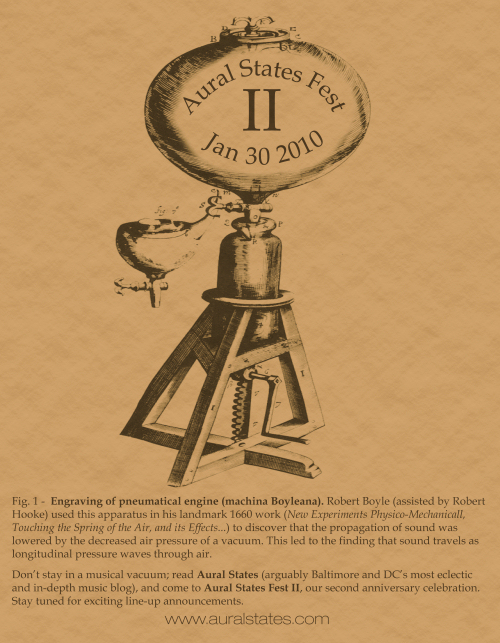
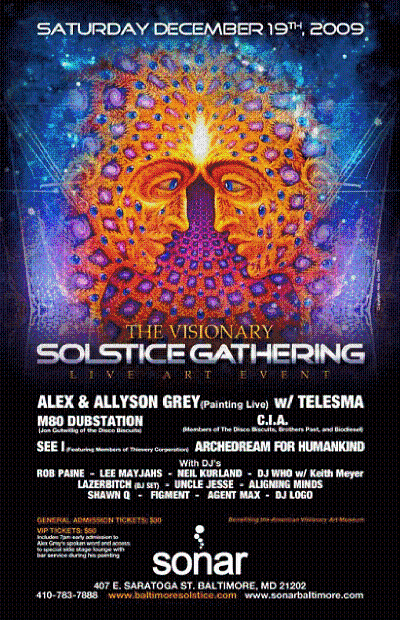









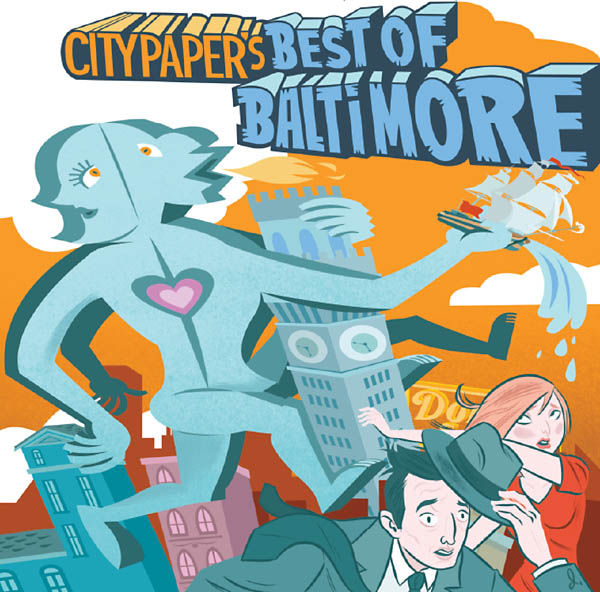
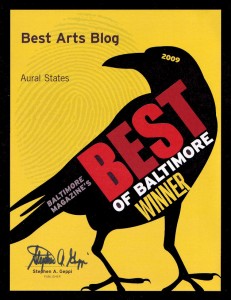


 Double Dagger: Masks EP
Double Dagger: Masks EP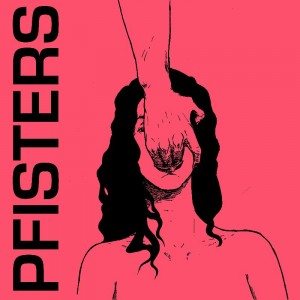 Pfisters: Narcicity
Pfisters: Narcicity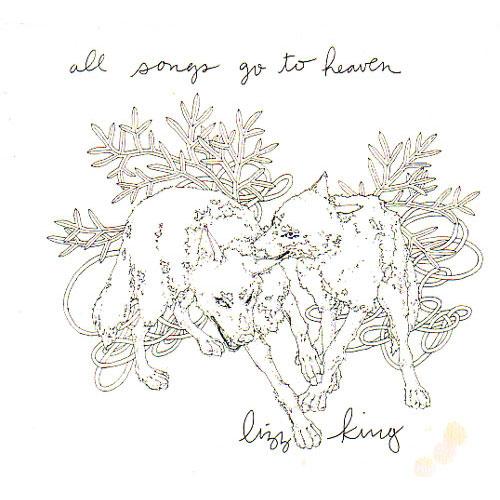 Lizz King: All Songs Go To Heaven
Lizz King: All Songs Go To Heaven Imperial China: Phosphenes
Imperial China: Phosphenes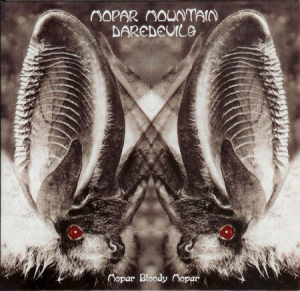 Mopar Mountain Daredevils: Mopar Bloody Mopar
Mopar Mountain Daredevils: Mopar Bloody Mopar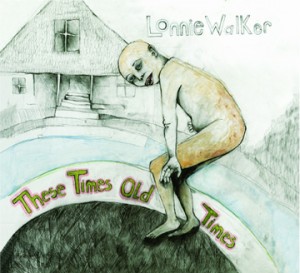 Lonnie Walker: These Times, Old Times
Lonnie Walker: These Times, Old Times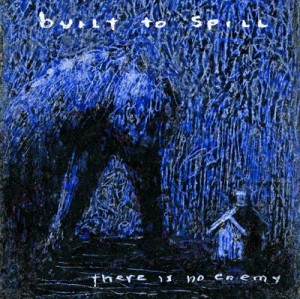 Built to Spill: There Is No Enemy
Built to Spill: There Is No Enemy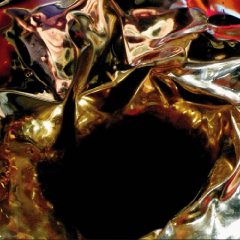 Hypnotic Brass Ensemble: Hypnotic Brass Ensemble
Hypnotic Brass Ensemble: Hypnotic Brass Ensemble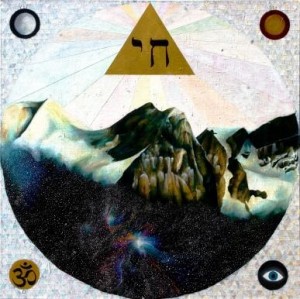 Secret Mountains: Kaddish EP
Secret Mountains: Kaddish EP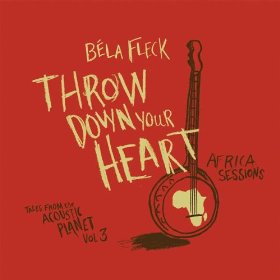 Bela Fleck: Throw Down Your Heart: Tales From the Acoustic Planet, Vol. 3 -Africa Sessions
Bela Fleck: Throw Down Your Heart: Tales From the Acoustic Planet, Vol. 3 -Africa Sessions Lands & Peoples: Lands & Peoples EP
Lands & Peoples: Lands & Peoples EP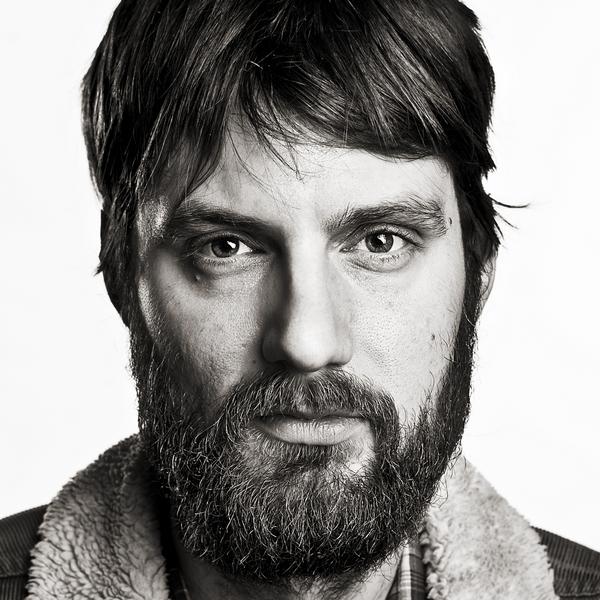 Caleb Stine: Eyes So Strong and Clean
Caleb Stine: Eyes So Strong and Clean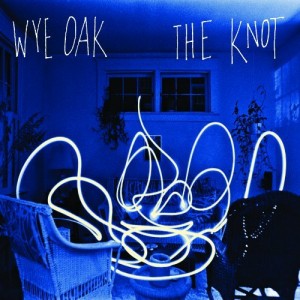 Wye Oak: The Knot
Wye Oak: The Knot Pontiak: Maker
Pontiak: Maker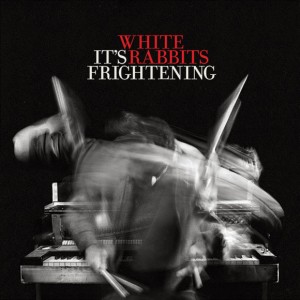 White Rabbits: It's Frightening
White Rabbits: It's Frightening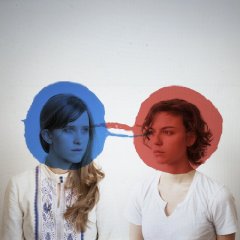 Dirty Projectors: Bitte Orca
Dirty Projectors: Bitte Orca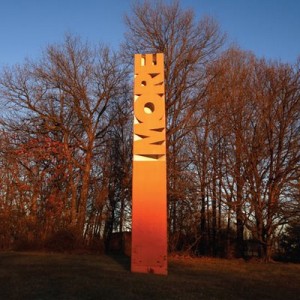 Double Dagger: More
Double Dagger: More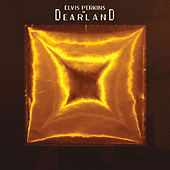 Elvis Perkins in Dearland: Elvis Perkins in Dearland
Elvis Perkins in Dearland: Elvis Perkins in Dearland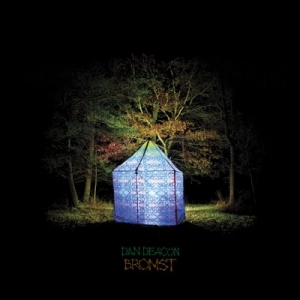 Dan Deacon: Bromst
Dan Deacon: Bromst The Thermals: Now We Can See
The Thermals: Now We Can See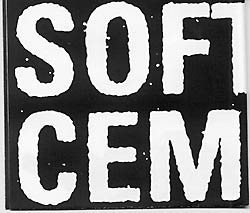 Soft Cement: Think About It EP
Soft Cement: Think About It EP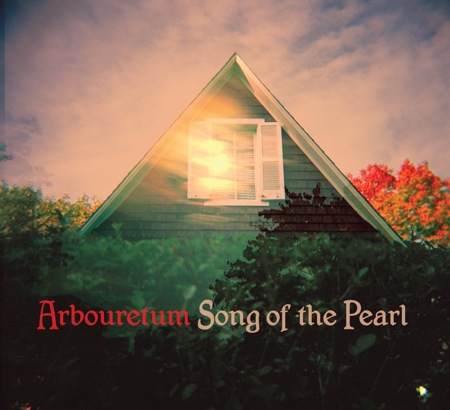 Arbouretum: Song of the Pearl
Arbouretum: Song of the Pearl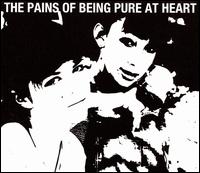 The Pains of Being Pure at Heart: The Pains of Being Pure at Heart
The Pains of Being Pure at Heart: The Pains of Being Pure at Heart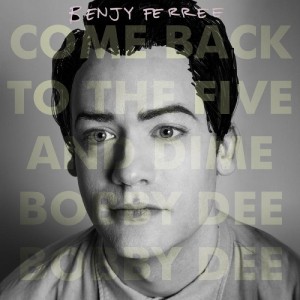 Benjy Ferree: Come Back to the Five and Dime, Bobby Dee Bobby Dee
Benjy Ferree: Come Back to the Five and Dime, Bobby Dee Bobby Dee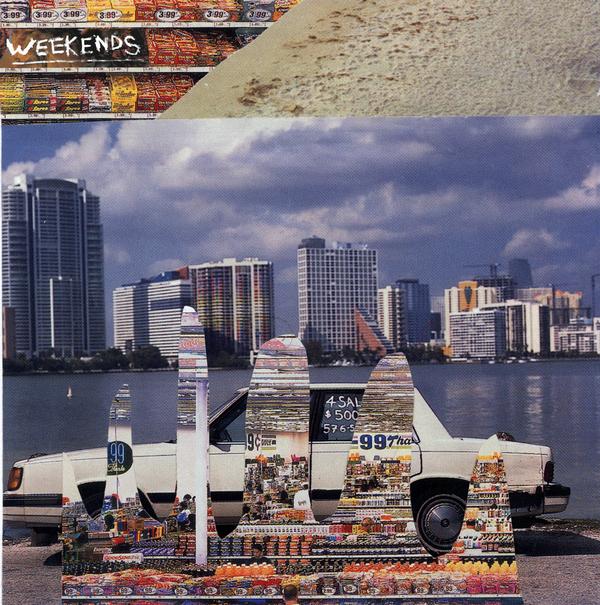 Weekends: Weekends
Weekends: Weekends Height With Friends: Baltimore Highlands 12" LP, Limited-Run Vinyl Only
Height With Friends: Baltimore Highlands 12" LP, Limited-Run Vinyl Only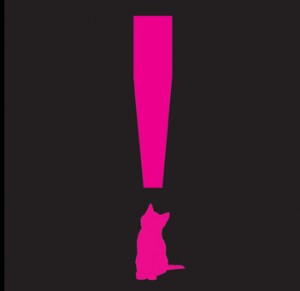 Caverns: Kittens! EP
Caverns: Kittens! EP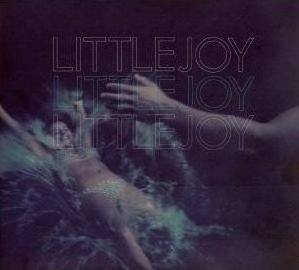 Little Joy: Little Joy
Little Joy: Little Joy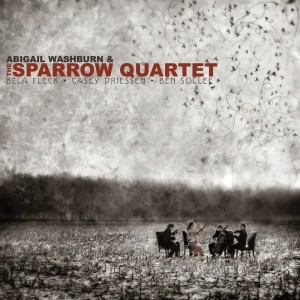 Abigail Washburn & the Sparrow Quartet:Abigail Washburn & the Sparrow Quartet
Abigail Washburn & the Sparrow Quartet:Abigail Washburn & the Sparrow Quartet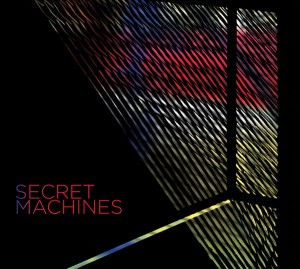 The Secret Machines: Secret Machines
The Secret Machines: Secret Machines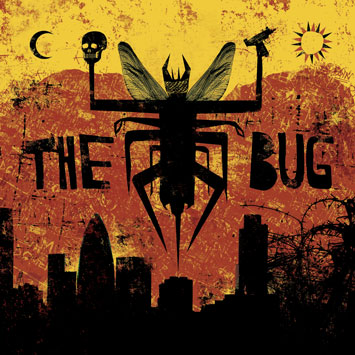 The Bug: LondonZoo
The Bug: LondonZoo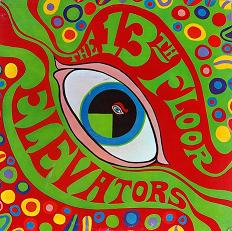 13th Floor Elevators: Psychedelic Sounds of the 13th Floor Elevators (Vinyl Mono LP only)
13th Floor Elevators: Psychedelic Sounds of the 13th Floor Elevators (Vinyl Mono LP only)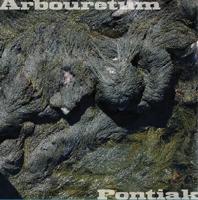 Arbouretum/Pontiak: Kale (Vinyl LP only)
Arbouretum/Pontiak: Kale (Vinyl LP only) Small Sur: We Live in Houses Made of Wood
Small Sur: We Live in Houses Made of Wood AbeVigoda: Skeleton
AbeVigoda: Skeleton ImperialChina: Methods: EP
ImperialChina: Methods: EP